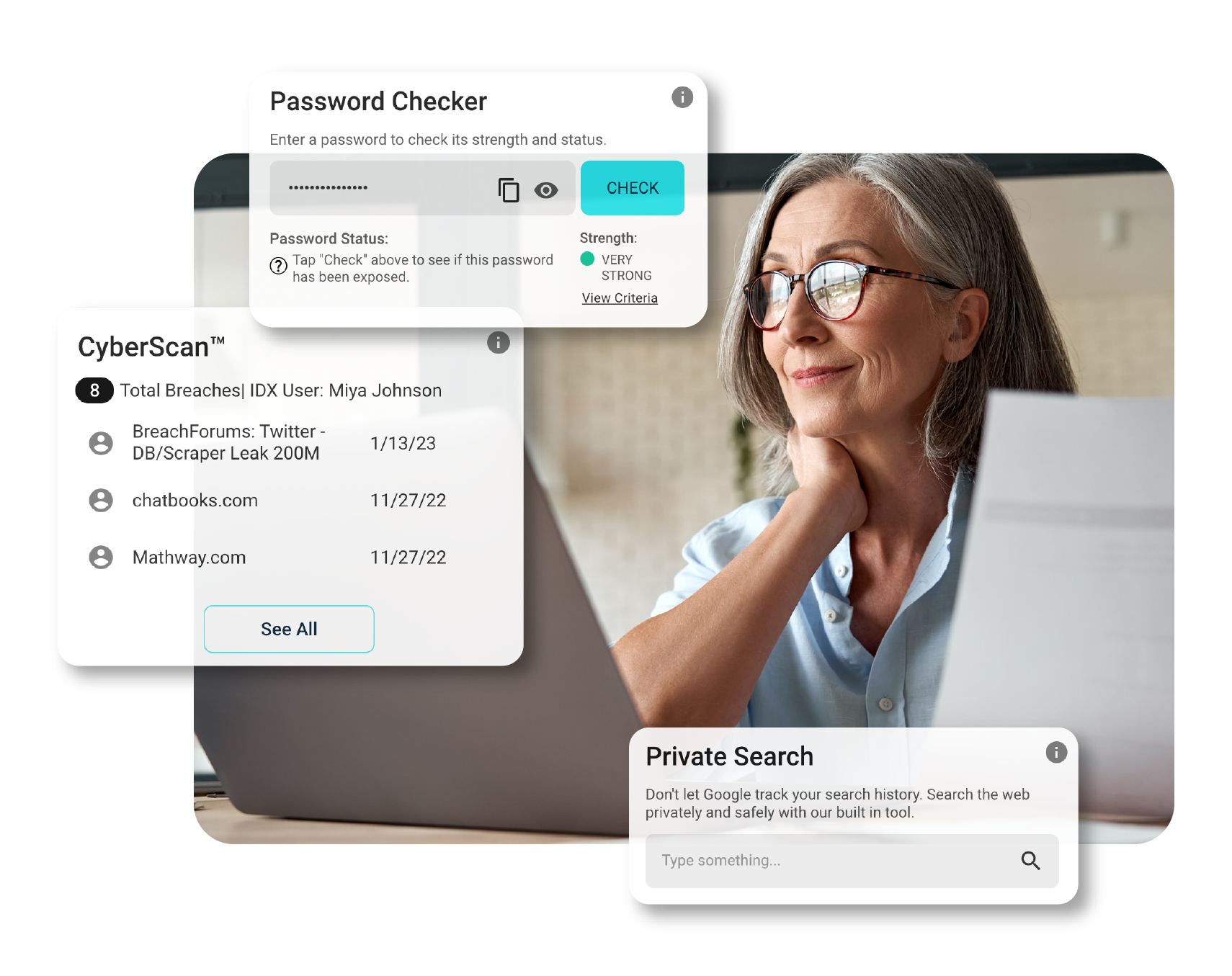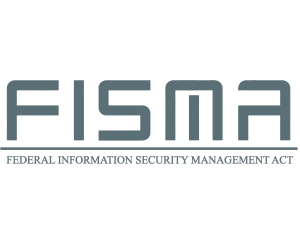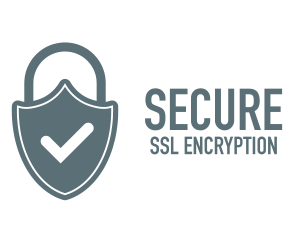Modernizing Medicine Inc. Informational Website

Modernizing Medicine, Inc. (“ModMed”), which provides electronic health record (EHR) and other services to podiatry providers, is providing notice of an incident that may have involved limited personal information for patients and other individuals associated with certain of its podiatry providers who used the EHR systems known as Sammy and TRAKnet. The incident did not involve access to customer instances of ModMed’s flagship EHR products, EMA or gGastro, did not involve full medical records, and did not disrupt clinical operations or live production systems in any way.
ModMed notified affected podiatry provider customers beginning on September 19, 2025. Notices to affected individuals are being mailed by ModMed in coordination with, and per instructions by, affected customers who do not opt out of ModMed’s notification process and for whom ModMed has a sufficient address. Not all ModMed podiatry customers were affected.
Because ModMed may not have sufficient addresses for everyone, ModMed is providing this substitute notice link, consistent with the Health Insurance Portability and Accountability Act (HIPAA). Each affected customer of ModMed will determine, consistent with HIPAA, whether to post the link for a substitute notice on their own website. This substitute notice link provided by ModMed will remain active for at least 90 days.
NOTICE OF DATA BREACH
What happened?
On July 21, 2025, ModMed became aware of potential unauthorized activity in certain computer servers, which ModMed subsequently determined involved servers containing limited data from some of our podiatry customers. We immediately took steps to prevent any further unauthorized activity and began an investigation, including engaging a leading forensic firm. We also contacted law enforcement. Based on our review, we learned on July 29, 2025, that an unauthorized third party was able to see and take copies of some information in the podiatry computer servers between July 9, 2025, and July 10, 2025. We conducted a comprehensive data review of the impacted information to identify the affected practices and patients, and we notified the affected customers beginning September 19, 2025.
What information may have been involved?
Based on the review, individuals’ personal information involved in this incident may have included one or more of the following: full name, address, date of birth, phone number, email address, health insurance information, and medical information (such as medical record number, patient account number, date(s) of service, provider and practice name, billing/diagnostic codes, prescription/medication information, and/or diagnosis and treatment information). Some of this information may also have been related to a parent, guardian, or subscriber. For some individuals, a Social Security number may have also been involved. Bank/financial account information, credit card information, driver’s license number, government ID card, and full medical records were not involved in this incident. Please note that not all data elements were involved for all individuals.
What we are doing
ModMed takes privacy and security very seriously. In response to this incident, we immediately took action to block and prevent further unauthorized activity. We have further enhanced our security controls and practices as appropriate to minimize the risk of a similar incident in the future.
What you can do
We are not aware of any misuse of individuals’ information as a result of this incident to date. The below Reference Guide includes information on general steps that affected individuals can take to monitor and help protect their personal information. Please review this Reference Guide in the Additional Resources tab below. We also encourage individuals to carefully review statements sent from health care providers and insurance companies to ensure that all account activity is valid. Any questionable charges should be promptly reported to the appropriate provider or company with which you maintain the account, such as your bank.
For more information:
If you have any questions or concerns, please call us toll-free at 1-833-353-4513. This call center is open from 9 am – 9 pm Eastern Time, Monday through Friday, except holidays. You can also view the FAQs below for more information. We are sorry for any concern this incident may cause.
Carefully review statements and explanations of benefits sent to you from your health care providers, insurance company, and financial institutions to ensure that all of your account activity is valid. Report any questionable charges promptly to the provider or company with which you maintain the account.
Your health care provider’s office may ask to see a photo ID to verify your identity. Please bring a photo ID with you to every appointment if possible. Your provider’s office may also ask you to confirm your date of birth, address, telephone number, and other pertinent information so that they can make sure that all of your information is up-to-date. Please be sure and tell your provider’s office when there are any changes to your information. Carefully reviewing this information with your provider’s office at each visit can help to avoid problems and to address them quickly should there be any discrepancies.
You may obtain a free credit report. To request your free credit report and for more information, visit www.annualcreditreport.com, call toll-free at (877) 322-8228, or complete the Annual Credit Report Request Form on the U.S. Federal Trade Commission’s (“FTC”) website at www.ftc.gov and mail it to Annual Credit Report Request Service, P.O. Box 105281, Atlanta, GA 30348-5281. The three credit bureaus provide free credit reports only through the website, toll-free number, or request form.
Upon receiving your credit report, review it carefully. Look for accounts you did not open. Look in the “inquiries” section for names of creditors from whom you have not requested credit. Some companies bill under names other than their store or commercial names; the credit bureau will be able to tell if this is the case. Look in the “personal information” section for any inaccuracies in information (such as home address and Social Security Number).
If you see anything you do not understand, call the credit bureau at the telephone number on the report. Errors may be a warning sign of possible identity theft. You should notify the credit bureaus of any inaccuracies in your report, whether due to error or fraud, as soon as possible so the information can be investigated and, if found to be in error, corrected. If there are accounts or charges you did not authorize, immediately notify the appropriate credit bureau by telephone and in writing. Information that cannot be explained should also be reported to your local police or sheriff’s office because it may signal criminal activity.
If you detect any unauthorized transactions in any of your financial accounts, promptly notify the appropriate payment card company or financial institution. If you detect any incidents of identity theft or fraud, promptly report the matter to your local law enforcement authorities, state Attorney General, and the FTC.
You can contact the FTC to learn more about how to protect yourself from becoming a victim of identity theft by using the contact information below:
Federal Trade Commission
Consumer Response Center
600 Pennsylvania Avenue, NW
Washington, DC 20580
1-877-IDTHEFT (438-4338) www.ftc.gov/idtheft/
To protect yourself from possible identity theft, consider placing a fraud alert on your credit file. A fraud alert helps protect against the possibility of an identity thief opening new credit accounts in your name. When a credit grantor checks the credit history of someone applying for credit, the credit grantor gets a notice that the applicant may be the victim of identity theft. The alert notifies the credit grantor to take steps to verify the identity of the applicant. You can place a fraud alert on your credit report by calling any one of the toll-free fraud numbers provided below. You will reach an automated telephone system that allows flagging of your file with a fraud alert at all three credit bureaus.
Equifax P.O. Box 105069 Atlanta, Georgia 30348 1- 888-766-0008 www.equifax.com
Experian P.O. Box 9554 Allen, Texas 75013 1-888-397-3742 www.experian.com
TransUnion P.O. Box 2000 Chester, PA 19016 1-800-680-7289 www.transunion.com
You have the right to request a credit freeze from a consumer reporting agency, free of charge, so that no new credit can be opened in your name without the use of a PIN number that is issued to you when you initiate a freeze. A security freeze is designed to prevent potential credit grantors from accessing your credit report without your consent. If you place a security freeze, potential creditors and other third parties will not be able to get access to your credit report unless you temporarily lift the freeze. Therefore, using a security freeze may delay your ability to obtain credit.
Unlike a fraud alert, you must separately place a security freeze on your credit file at each credit bureau. To place a security freeze on your credit report, you must contact the credit reporting agency by phone, mail, or secure electronic means and provide proper identification of your identity. The following information must be included when requesting a security freeze (note that if you are requesting a credit
report for your spouse, this information must be provided for him/her as well): (1) full name, with middle initial and any suffixes; (2) Social Security number; (3) date of birth; (4) current address and any previous addresses for the past five years; and (5) any applicable incident report or complaint with a law enforcement agency or the Registry of Motor Vehicles. The request must also include a copy of a government-issued identification card and a copy of a recent utility bill or bank or insurance statement. It is essential that each copy be legible, display your name and current mailing address, and the date of issue.
Below, please find relevant contact information for the three consumer reporting agencies:
Equifax Security Freeze P.O. Box 105788 Atlanta, GA 30348 1-800-685-1111 www.equifax.com
Experian Security Freeze P.O. Box 9554 Allen, TX 75013 1-888-397-3742 www.experian.com
TransUnion P.O. Box 160 Woodlyn, PA 19094 1-888-909-8872 www.transunion.com
Once you have submitted your request, the credit reporting agency must place the security freeze no later than 1 business day after receiving a request by phone or secure electronic means, and no later than 3 business days after receiving a request by mail. No later than five business days after placing the security freeze, the credit reporting agency will send you confirmation and information on how you can remove the freeze in the future.
You may contact the D.C. Attorney General’s Office to obtain information about steps to take to avoid identity theft:
D.C. Attorney General’s Office, Office of Consumer Protection, 400 6th Street, NW, Washington DC 20001, 1-202-442-9828, www.oag.dc.gov.
You may contact law enforcement or the Iowa Attorney General’s office to report suspected incidents of identity theft. The Iowa Attorney General’s Office can be reached at:
Iowa Attorney General’s Office, Director of Consumer Protection Division, 1305 E. Walnut Street, Des Moines, IA 50319, 1-515-281-5926, www.iowaattorneygeneral.gov.
You may also obtain information about preventing and avoiding identity theft from the Maryland Office of the Attorney General:
Maryland Office of the Attorney General, Consumer Protection Division, 200 St. Paul Place, Baltimore, MD 21202, 1-888-743-0023, http://www.marylandattorneygeneral.gov/.
You have the right to obtain a police report with respect to this incident. If you are the victim of identity theft, you also have the right to file a police report and obtain a copy of it.
New Mexico consumers have the right to obtain a security freeze or submit a declaration of removal.
You may obtain a security freeze on your credit report to protect your privacy and ensure that credit is not granted in your name without your knowledge. You may submit a declaration of removal to remove information placed in your credit report as a result of being a victim of identity theft. You have a right to place a security freeze on your credit report or submit a declaration of removal pursuant to the Fair Credit Reporting and Identity Security Act.
The security freeze will prohibit a consumer reporting agency from releasing any information in your credit report without your express authorization or approval. The security freeze is designed to prevent credit, loans and services from being approved in your name without your consent. When you place a security freeze on your credit report, you will be provided with a personal identification number, password or similar device to use if you choose to remove the freeze on your credit report or to temporarily authorize the release of your credit report to a specific party or parties or for a specific period of time after the freeze is in place. To remove the freeze or to provide authorization for the temporary release of your credit report, you must contact the consumer reporting agency and provide all of the following:
(1) the unique personal identification number, password or similar device provided by the consumer reporting agency;
(2) proper identification to verify your identity; and
(3) information regarding the third party or parties who are to receive the credit report or the period of time for which the credit report may be released to users of the credit report.
A consumer reporting agency that receives a request from a consumer to lift temporarily a freeze on a credit report shall comply with the request no later than three business days after receiving the request. As of September 1, 2008, a consumer reporting agency shall comply with the request within fifteen minutes of receiving the request by a secure electronic method or by telephone.
A security freeze does not apply in all circumstances, such as where you have an existing account relationship and a copy of your credit report is requested by your existing creditor or its agents for certain types of account review, collection, fraud control or similar activities; for use in setting or adjusting an insurance rate or claim or insurance underwriting; for certain governmental purposes; and for purposes of prescreening as defined in the federal Fair Credit Reporting Act.
If you are actively seeking a new credit, loan, utility, telephone or insurance account, you should understand that the procedures involved in lifting a security freeze may slow your own applications for credit. You should plan ahead and lift a freeze, either completely if you are shopping around or specifically for a certain creditor, with enough advance notice before you apply for new credit for the lifting to take effect. You should contact a consumer reporting agency and request it to lift the freeze at least three business days before applying. As of September 1, 2008, if you contact a consumer reporting agency by a secure electronic method or by telephone, the consumer reporting agency should lift the freeze within fifteen minutes. You have a right to bring a civil action against a consumer reporting agency that violates your rights under the Fair Credit Reporting and Identity Security Act.
You may also obtain information about security breach response and identity theft prevention and protection from the New York Attorney General’s Office: Office of the Attorney General, The Capitol, Albany, NY 12224-0341, 1-800-771-7755, www.ag.ny.gov.
You may also obtain information about preventing and avoiding identity theft from the North Carolina Attorney General’s Office:
North Carolina Attorney General’s Office, Consumer Protection Division, 9001 Mail Service Center, Raleigh, NC 27699-9001, 1-919-716-6000, www.ncdoj.gov.
State laws advise you to report any suspected identity theft to law enforcement, as well as the Federal Trade Commission. Contact information for the Oregon Department of Justice is as follows:
Oregon Department of Justice, 1162 Court Street NE, Salem, OR 97301, 1-877-877-9392, www.doj.state.or.us.
You have a right to file or obtain a police report related to this incident. You may also obtain information about preventing and avoiding identity theft from the Rhode Island Office of the Attorney General:
Office of the Attorney General, 150 South Main Street, Providence, RI, 02903, 1-401-274-4400, www.riag.ri.gov.




